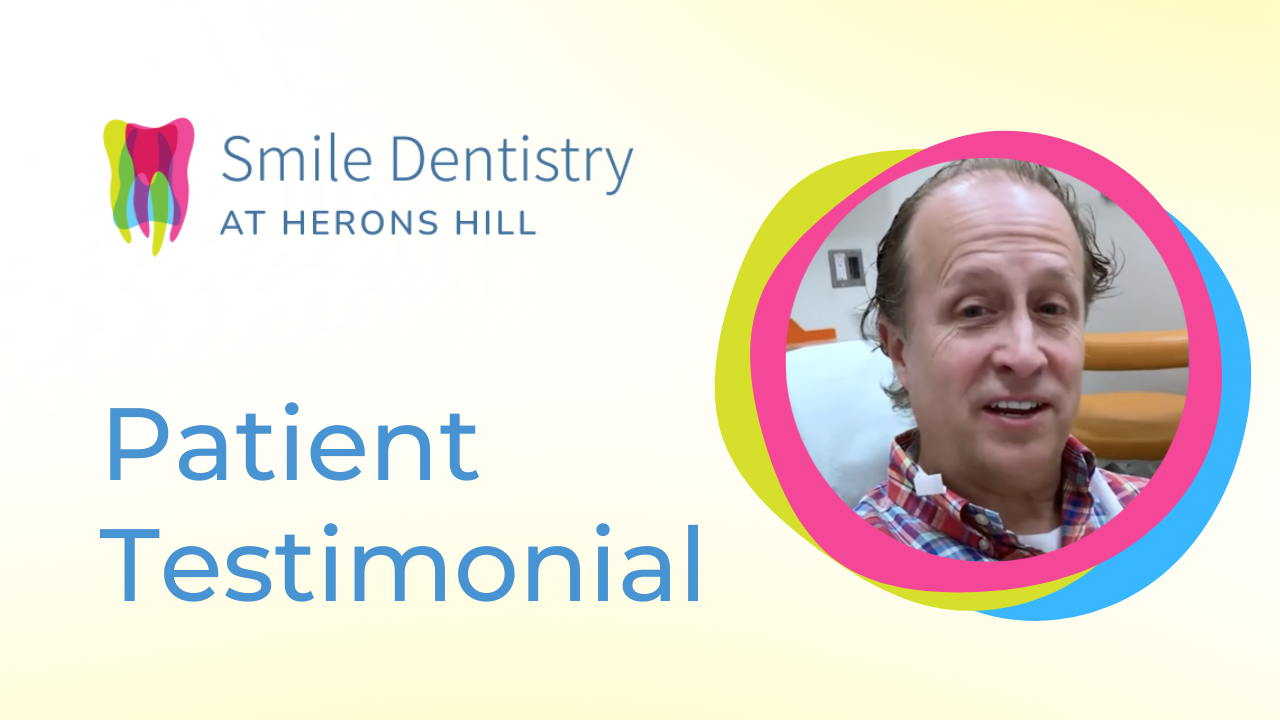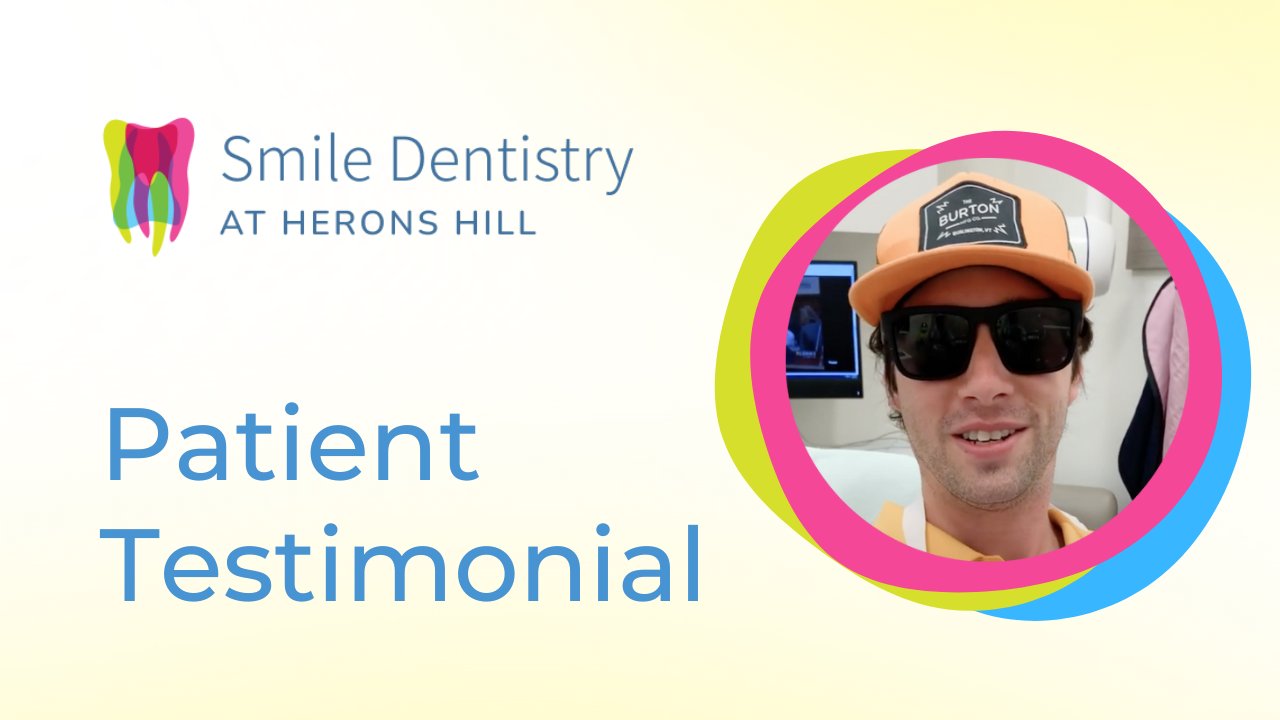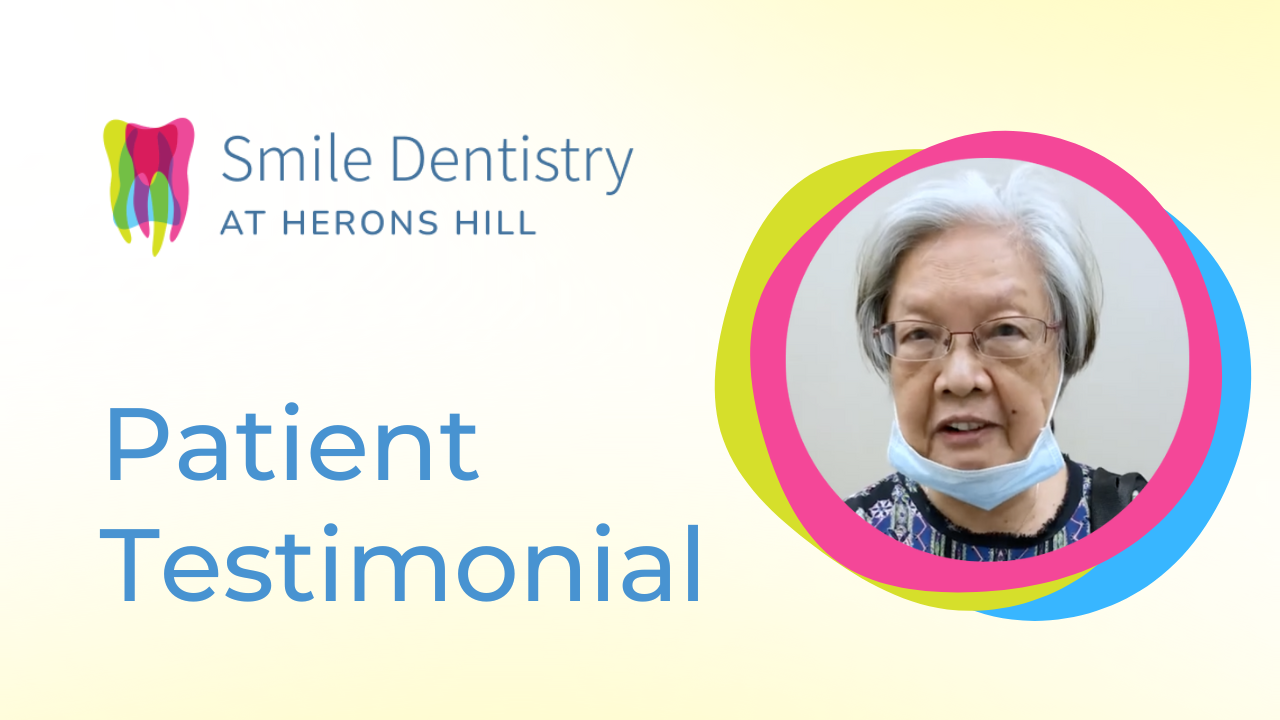
Jaw Pain Is Not Normal.
If you find yourself experiencing jaw discomfort on a regular basis, you might consider it a normal occurrence. However, the reality is quite different: jaw pain is far from being a normal sensation and could potentially indicate a condition known as Temporomandibular Disorder (TMD) affecting one or both of your Temporomandibular Joints (TMJs), which are responsible for the movement of your lower jaw. When these joints undergo disease or misalignment, inflammation sets in around the TMJ and its vicinity, leading to the onset of pain and various associated symptoms.
What are the indicators of Temporomandibular Disorder (TMD)?
- Headaches
- Earaches and tenderness around the ear
- Pain and tenderness in the face or jaw
- Muscle pain in the neck, shoulders, and upper back
- Ear ringing
- Clicking, popping, or grinding sounds in the jaw
- Difficulty when chewing, yawning, or opening the mouth
How Do We Diagnose And Treat TMJ Disorder?
Diagnosis
The process of addressing TMD starts with a thorough clinical assessment, encompassing an evaluation of your facial structure, jaw alignment, bite, joints, and teeth. Throughout the appointment, we will assess for any signs of discomfort or sensitivity, and pay attention to any clicking or popping sounds that might occur during mouth movements, swallowing, or chewing. In the event that the disorder is identified, an initial course of treatment frequently involves the suggestion of a bite splint or night guard.
Treatment and Relief
Our treatment approach incorporates bite splints – personalized plastic mouthpieces meticulously crafted to match the contours of your upper and/or lower teeth. These devices are specifically engineered to counteract the grinding and clenching actions that frequently contribute to the development or exacerbation of TMD. Additionally, the splint serves to readjust the jaw’s alignment, alleviating strain on the adjacent region.
Alternative Treatment Options
If your symptoms stem from a misaligned bite or gaps in your teeth, we might propose orthodontic treatment or dental restoration. In cases where your bite is stressing the TMJ (temporomandibular joint), adjusting the shape of specific teeth could be advised to evenly distribute the biting pressure.
Contact us today
to schedule an initial consultation & exam.
Your consultation will include an examination of everything from your teeth, gums and soft tissues to the shape and condition of your bite. Generally, we want to see how your whole mouth looks and functions. Before we plan your treatment we want to know everything about the health and aesthetic of your smile, and, most importantly, what you want to achieve so we can help you get there.
Frequently Asked Questions
TMJ is an abbreviation for Temporomandibular Joint. When this joint becomes misaligned or inflamed, it’s termed Temporomandibular Joint Disorder, or simply TMD.
Signs or symptoms of TMD include pain and tenderness in or around the ear, the jaw joint, or the muscles of the jaw, face or temples. Other symptoms are problems opening or closing your mouth, and a clicking, popping, crunching or grinding noise when you chew, yawn or open your mouth. TMDs may be linked with neck pain and headaches.
TMD arises from a combination of factors, including jaw injuries and joint conditions like arthritis. It’s hypothesized that worsened TMD symptoms can result from bruxism (teeth clenching or grinding) and tension in the head or neck muscles. Stress might also play a role, although whether it causes TMD or is a consequence remains unclear. Additionally, ill-fitting partial or full dentures, along with habits like fingernail biting and biting on pens or pencils, can contribute to TMD. With such a diverse range of causes, diagnosing TMD can be challenging. To gain insight into your jaw pain symptoms, the best step is to schedule an appointment.
There are many possible causes of headaches. No doctor will be able to determine the cause of your headache without a physical examination.
Frequently, TMJ discomfort responds well to non-invasive treatments and therapies. Surgical intervention for TMD is an exceptionally uncommon course of action. Your well-being and contentment hold significant value, and we are committed to transparently discussing all available choices. We prioritize exploring the least invasive and most convenient options initially, and ultimately, the decision about the next steps will be yours to make.









